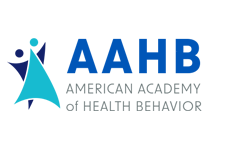Abstract
Breastfeeding is an important health behavior for pediatric and maternal wellbeing. However, many mothers in the United States do not meet breastfeeding duration guidelines, nor do they meet their own goals for breastfeeding. Non-attainment of breastfeeding goals has implications for the health and wellbeing of future children born into those families. Using publicly available national data, we tested a self-affirmation theory (SAT) hypothesis to explore the complex relationship between breastfeeding goal attainment and intention to breastfeed a future child. We found goal attainment predicted stronger future intention, and that this association was moderated by how highly the mother valued breastfeeding. In line with SAT, we found that failing to meet a breastfeeding goal was more detrimental to future intention for mothers who highly valued breastfeeding than for mothers who did not value breastfeeding as highly. This has implications for theory refinement, intervention development, and intervention targeting.
Author ORCID Identifier
https://orcid.org/0000-0002-5512-4831
Creative Commons License

This work is licensed under a Creative Commons Attribution-Noncommercial 4.0 License
Recommended Citation
Whipps, Mackenzie DM
(2022)
"Breastfeeding Goal Attainment and Likelihood of Future Breastfeeding: A Test of Self-Affirmation Theory,"
Health Behavior Research:
Vol. 5:
No.
4.
https://doi.org/10.4148/2572-1836.1131
Included in
Behavior and Behavior Mechanisms Commons, Developmental Psychology Commons, Human and Clinical Nutrition Commons, Maternal and Child Health Commons, Medical Nutrition Commons, Psychological Phenomena and Processes Commons, Social Psychology Commons




